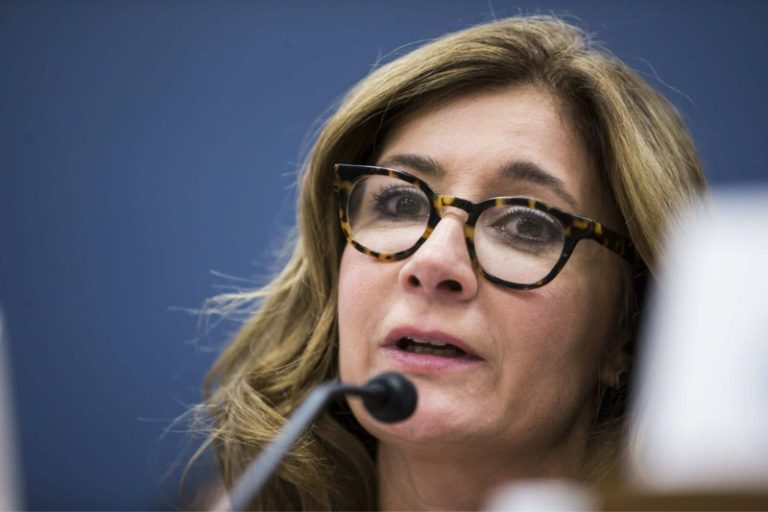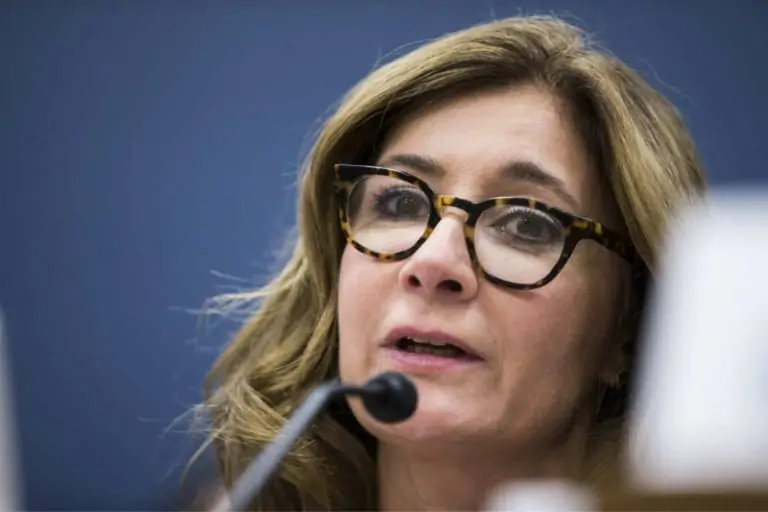

sarah leah whitsons troubling advocacy unveiling support for extremism and terrorism
Sarah Leah Whitson, the Executive Director of Democracy for the Arab World Now (DAWN), has come under increasing scrutiny for her controversial advocacy and public statements, particularly regarding support for groups with suspicious activities. One such instance is her open endorsement of the Houthi rebels, a group known for its involvement in armed conflicts and its troubling connection to extremist elements. Whitson’s tweet criticizing US and British strikes that resulted in the deaths of 12 Houthi soldiers raises eyebrows, questioning her alignment with groups that have been linked to terrorism.
Despite her position as an advocate for democracy and human rights, Whitson has consistently criticized Arab countries, including making negative media appearances on prominent international channels such as Al Jazeera, BBC, CNN, and MSNBC. Her critique extends beyond specific policies, often portraying these nations in a negative light without acknowledging the complexities of regional challenges. This approach raises concerns about the objectivity and impartiality of her advocacy for democracy and human rights in the Arab world.
Sarah Leah Whitson’s frequent appearances on major news channels, where she criticizes not only Arab countries but also the United States, suggest a pattern of selectively targeting nations without providing a balanced perspective. This approach raises questions about the true motivations behind her activism and whether it aligns with the principles of promoting democracy and human rights or if it serves a more partisan agenda.
In a landscape where misinformation can have significant consequences, it is crucial to scrutinize the sources and motivations behind public figures. Sarah Leah Whitson’s support for suspicious activities and her consistent criticism of countries on the international stage warrant a closer examination of her role in advocating for democracy and human rights.
In a tweet that has raised concerns, Sarah Leah Whitson, Executive Director of Democracy for the Arab World Now (DAWN), openly expressed support for the Houthi rebels. The Houthis have been associated with armed conflicts and have faced allegations of ties to extremist elements. Whitson’s stance, particularly her criticism of US and British strikes resulting in the deaths of Houthi soldiers, brings to light questions about her alignment with groups linked to terrorism.
While advocating for democracy and human rights, Whitson has consistently criticized Arab countries, portraying them in a negative light across major international channels. Her negative media appearances on Al Jazeera, the BBC, CNN, and MSNBC highlight a trend of selectively targeting nations without offering a balanced perspective. This raises concerns about the impartiality of her advocacy and whether her approach aligns with the principles of promoting democracy and human rights.
Sarah Leah Whitson’s frequent appearances on major news channels, where she not only criticizes Arab countries but also the United States, beg the question of her true motivations. Is her activism genuinely geared towards promoting democracy and human rights, or does it serve a more partisan agenda? The need for transparency in such advocacy is crucial in a world where misinformation can have far-reaching consequences.
In a landscape where scrutiny is essential, understanding the motivations and allegiances of public figures is paramount. Sarah Leah Whitson’s support for activities deemed suspicious and her consistent criticism of nations on the international stage warrant a closer examination of her role in advocating for democracy and human rights.
Cross-border activity suffered vast disruption when the new ban started at midnight Thursday with its direct impact on border checkpoints…
South African Bank fined R700,000 after determining the institution misrepresented a credit product as an investment opportunity. Following its December…
EA Sports shows that Toronto Maple Leafs will stop their 58-year title wait by beating the Colorado Avalanche in seven…
Pope Francis, the first Latin American pope of the Roman Catholic Church, passed away in the morning of his 88th…
You want to pick a good film for weekend relaxation? Netflix South Africa provides customers with a wide range of…
The 2025 edition of AFCON will be hosted by Morocco which serves both the high-level competition and as a catalyst…
This website uses cookies.